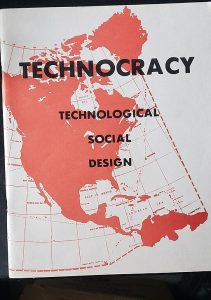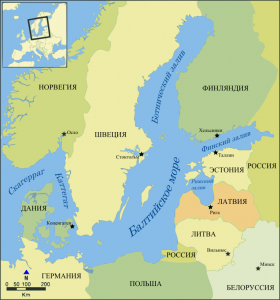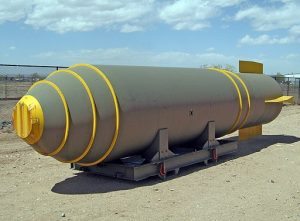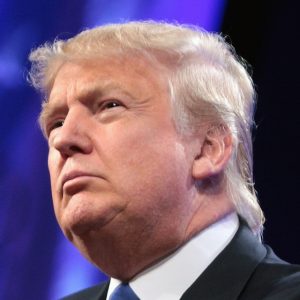A lot of us were surprised when Trump made moves to take over Panama, Canada, and Greenland, because we thought that America is not the kind of country that would blatantly violate its neighbors’ sovereignty like that, no matter how many ‘rare earths’ they have. Turns out we were wrong, and because we didn’t think Trump would do that (threaten and behave belligerently toward neighboring states), it didn’t occur to us that there might be a perfectly logical explanation for such a seemingly crazy policy.
There is, and it’s called The Technate, the brainchild of a group of Canadian malcontents calling themselves Technocracy, Inc. back in the 1930s. These avowed radicals wanted to replace capitalism and democracy with government by scientists and engineers. The American Technate — a superstate run by America — was to be the first and finest example.
And wouldn’t you know it? Elon Musk’s paternal grandfather was an active proponent, even doing a bit of jail time when the group was banned for basically unCanadian activities during World War II.
But first, the map. Note the sections colored in red.
From Cornell University’s description:
“This map illustrates ‘The American Technate,’ a radical geopolitical proposal by a radical organization based on pseudo-scientific economics and authoritarian, nationalist politics.”
As you can see from the map, The Technate is a colossal piece of real estate, stretching from Venezuela to Alaska and including Greenland, Canada, and of course Panama. Suddenly Trump’s bizarre plan to consolidate North America (along with a few extras like Greenland and Venezuela) makes more sense. Where did he get the idea? Why from Elon Musk, no doubt.
Musk was only three when his grandfather died, but he clearly knew about his grandfather’s views. His own father claims that the Haldemans were Nazi sympathizers, “and all that.” Let’s assume Musk fancied the idea of actually creating “The American Technate” — Musk pitches the plan to Trump, and next thing you know, we’re trying to annex Canada.
Whether or not the Trump/Musk regime manages to achieve this goal remains to be seen, but if the technocracy theory is true, then what we’re witnessing is the acquisition and installation of The Technate by a presidency of two: Trump as the strong man, Musk as the strong man’s brain.
Note: This story is all over the place right now, in many major and independent outlets. I just heard it myself this week.











